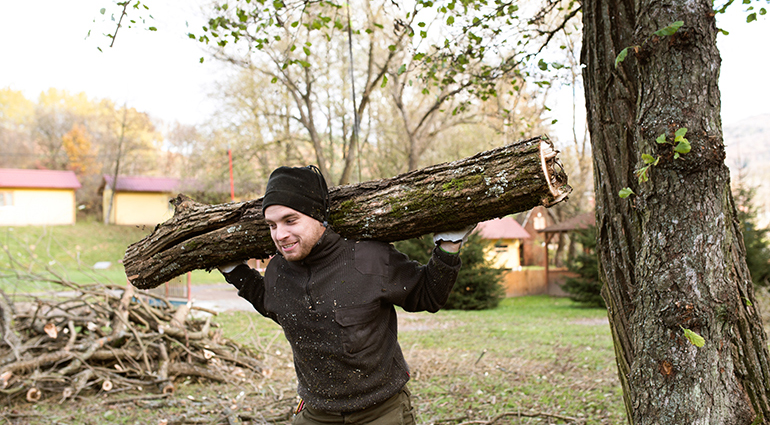My Real Face
I thank Christ Jesus our Lord, who has given me strength, that he considered me trustworthy, appointing me to his service. 1 Timothy 1:12
For years, feelings of unworthiness and shame over my less-than-godly past had an adverse impact on every aspect of my life. What if others discovered the extent of my blemished reputation? Though God helped me muster up courage to invite a ministry leader to lunch, I strived to seem perfect. I scrubbed my house spotless, whipped up a three-course meal, and donned my best jeans and blouse.
I rushed to turn off the front-yard sprinklers. Twisting the leaking nozzle, I screamed when a gush of water drenched me. With towel-dried hair and smeared makeup, I changed into dry sweat pants and a T-shirt . . . just in time to hear the doorbell. Frustrated, I confessed my morning’s antics and motives. My new friend shared her own battles with fear and insecurity stemming from guilt over past failings. After we prayed, she welcomed me to her team of God’s imperfect servants.
The apostle Paul accepted his new life in Christ, refusing to deny his past or let it stop him from serving the Lord (1 Timothy 1:12–14). Because Paul knew Jesus’s work on the cross saved and changed him—the worst of sinners—he praised God and encouraged others to honor and obey Him (vv. 15–17).
When we accept God’s grace and forgiveness, we’re freed from our past. Flawed but fiercely loved, we have no reason to be ashamed of our real faces as we serve others with our God-given gifts.
Lord, thanks for eliminating our shame and insecurities as You use us to serve You, no matter what our life looked like before You saved us.
INSIGHT
When Paul said he was shown mercy because he acted in ignorance and unbelief (1 Timothy 1:13), he was echoing a common theme of Scripture. Old Testament sacrifices were made for sins done in ignorance (see Leviticus 4:2, 13, 22; Hebrews 9:7). So was mercy only given to Eve who was deceived—and not to Adam? (1 Timothy 2:14). No. Even when we consciously do wrong, as Adam did, He still offers His mercy. Who doesn’t need to hear Jesus say, “Father, forgive them, for they do not know what they are doing” (Luke 23:34).










